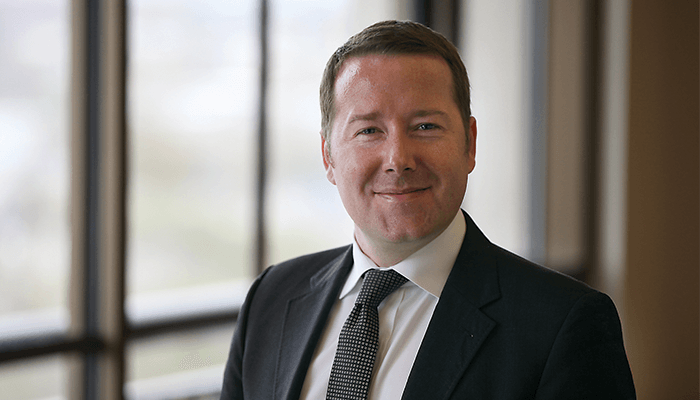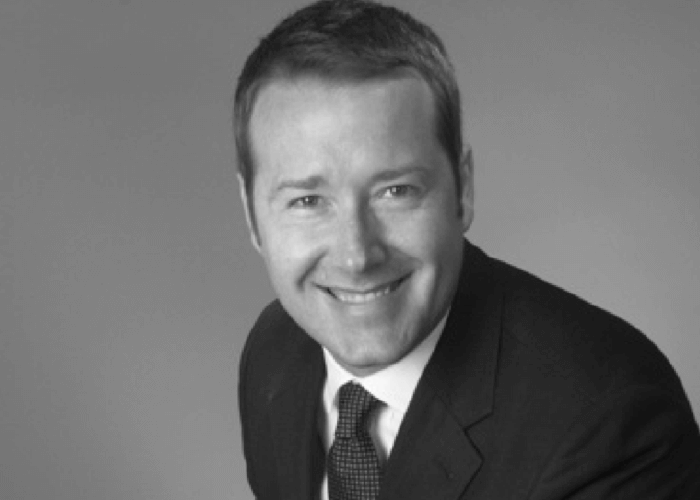

I work in a tertiary academic center where we are referred complex refractive and IOL patients who have had multiple surgeries, often after having sought multiple opinions. Rehabilitating these patients to improve their quality of life, often with a bioptic approach, is what excites me most about my work. Utilizing techniques and technologies on both lenses of the eye to rehabilitate and restore functionality of vision is what brings me the most satisfaction.
Being part of the development of new technology, and working to overcome the challenges, is a wonderful opportunity. In particular, being able to follow the process to the point where we actually see the benefits they bring to patients – sometimes first with implantations outside the United States pre-FDA approval, and then in our own patients after approval – is pleasing.
I already have! I’m at stage 0.5 dysfunctional lens syndrome, and I’m excited to try presbyopia drops – some of which I am working on in the developmental pipeline.
In economics, cost-benefit analyses are a guiding principle, and I use these principles on a daily basis when looking at both cost- and also risk-benefit analyses. Every time we make a decision on how to advise a patient on their treatment choices, or on whether or not to perform surgery, we can use these principles to reason through our options in a logical fashion.
Environmental science utilizes the concept of “passive use” values – evaluating metrics such as quality of life, which are hard to assign a metric value to, but which are important in ophthalmology when we’re considering things like patient satisfaction. My academic studies help me consider things from different angles, and to apply these principles to surgical decision making.
I want to help foster international growth and adoption of lens and cornea-based refractive surgery, and to spread awareness of the global health burden related to vision disorders like presbyopia. For example, if you look at the 2008 census data, there were around one billion presbyopes internationally. By the year 2020, that number will have doubled. Not only that, but around half of these existing presbyopes don’t have access to reading glasses – something we take for granted in developed countries – leaving many of them unable to adequately perform their jobs. If we can raise awareness of the global burden and the social impact of presbyopia, we can find ways to help these patients.
My family. We’ve just had our first son, George O. Waring V, and I would consider him my greatest achievement to date. My wife is my partner at work, and one of my most respected colleagues. So we have a very unique work-life balance and integration that brings us a tremendous amount of joy and satisfaction.
From a work perspective, I am fortunate to be able to aid in the research and development of a wide range of technologies, to help advance my field and my subspecialty in some way.
I’d tell myself to be patient, and to accept that every decision I made, whether it seemed like the correct one or not at the time, will eventually end up being a benefit in the long run. I think all too often we see young ophthalmologists hoping for results quickly – but progress takes years of hard work, dedication and focus (no pun intended), and there is no substitute for this.
I would also teach myself the 80/20 rule – that driving to consensus in personal and group decision making is more important in moving a process forward, even if the decision is not perfect. It’s better to be 80 percent right and move forward, than to pursue 100 percent perfection and not move forward.
I’d like to be doing what I’m doing now, but on a broader scale. I’d like to have brought growth and innovation to my practice through both new technology and innovative practice patterns, and to be contributing to my field in a meaningful way.
I’ve been very fortunate to have many mentors and friends – more than I could list here. If I could mention three, the first would be my father. To this day, he is my role model for scientific excellence, by remaining objective and making good use of the scientific method and critical thinking. I am blessed to have Daniel Durrie as my mentor. It was just last night that I spent time with him and his family around a fire talking about my future – which is priceless.
Finally, Howard Fine was one of my first mentors, based on my father’s recommendation. I’ll always remember the conversations I had with him early on in my career. He would pull out crumpled pieces of paper with hand-sketched technologies, like the capsule refilling technology, and the first sketches of “the smart lens” over a decade and a half ago.
Being fortunate enough to have exposure to people like this, who are thinking decades in advance, and who cared enough to invest in my career, has greatly shaped my journey. I hope to be able to honor them by investing in the next generation in the same way.
